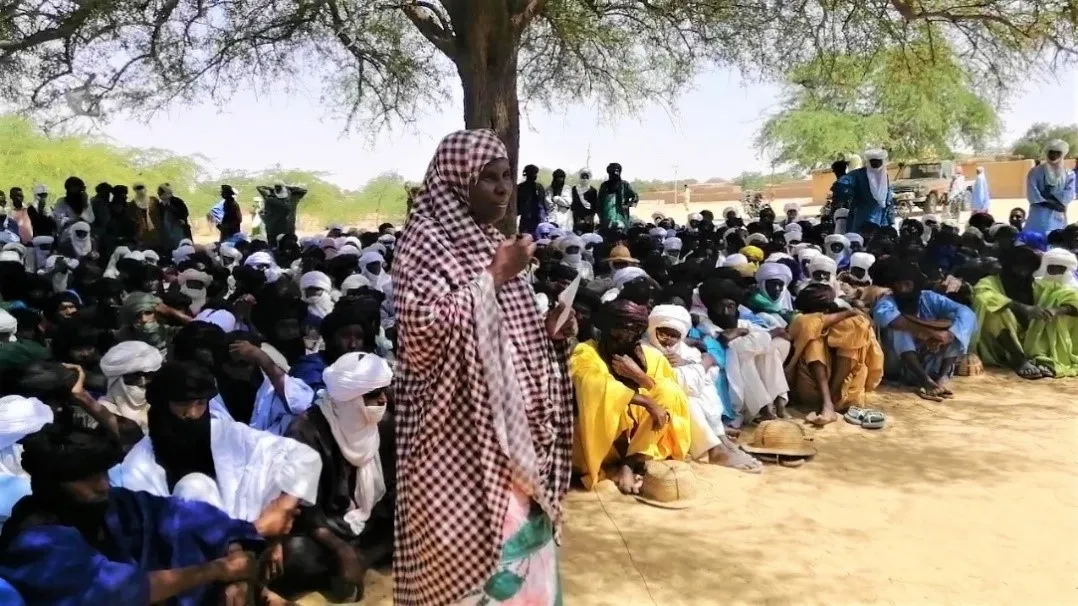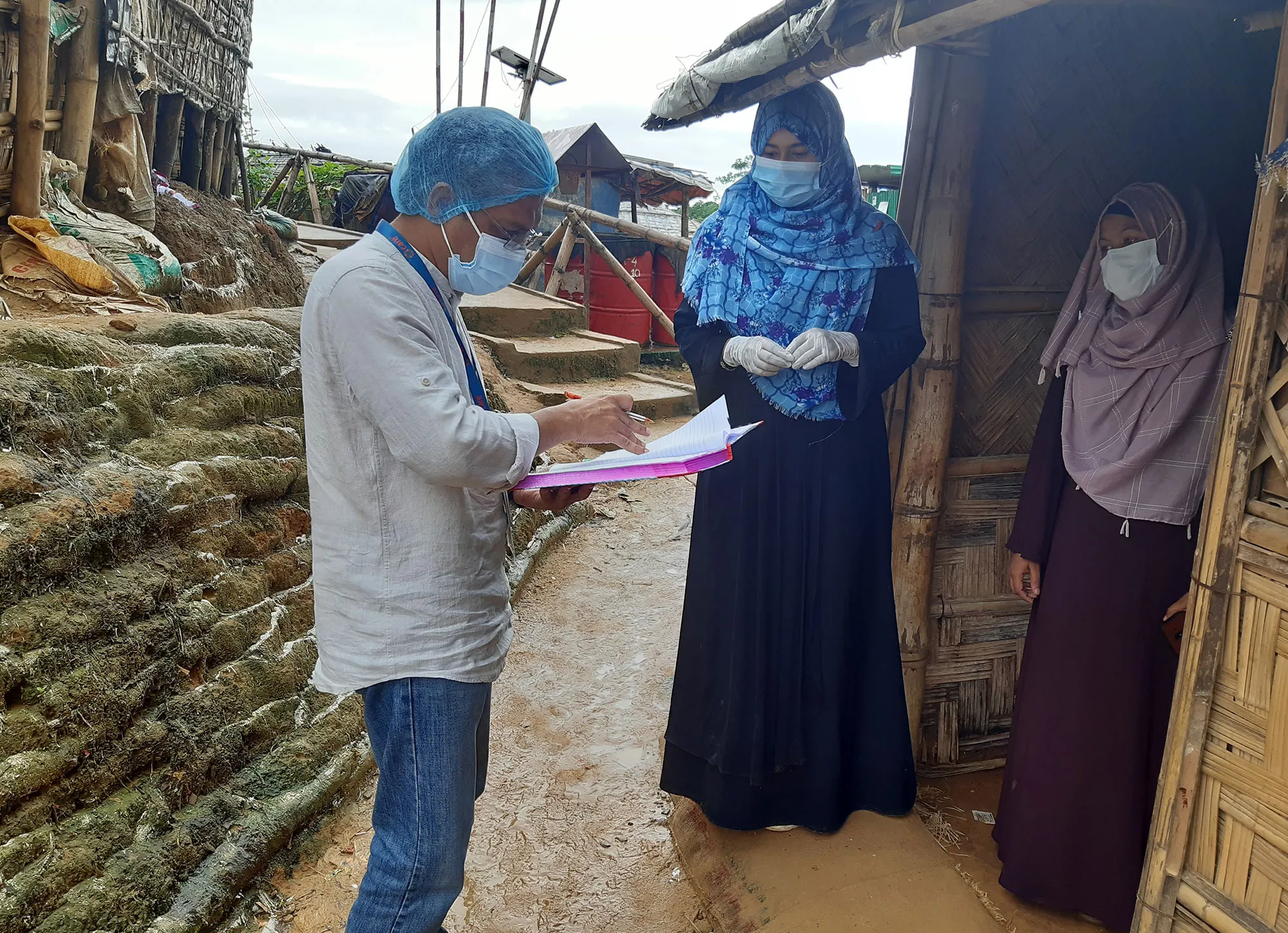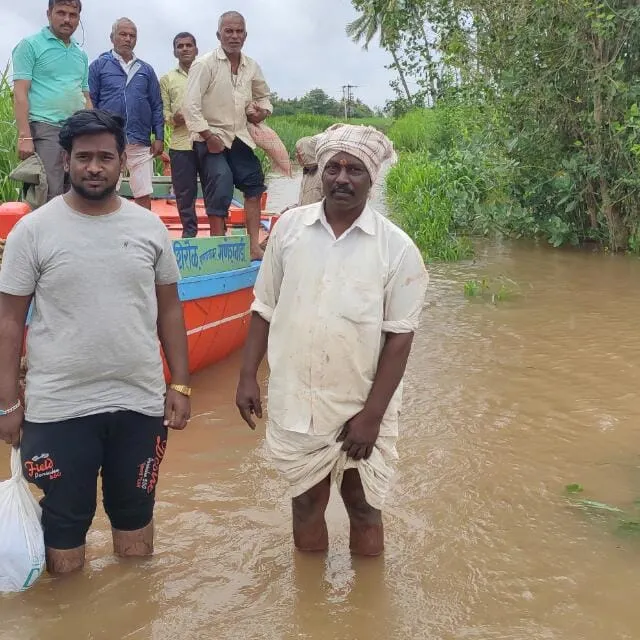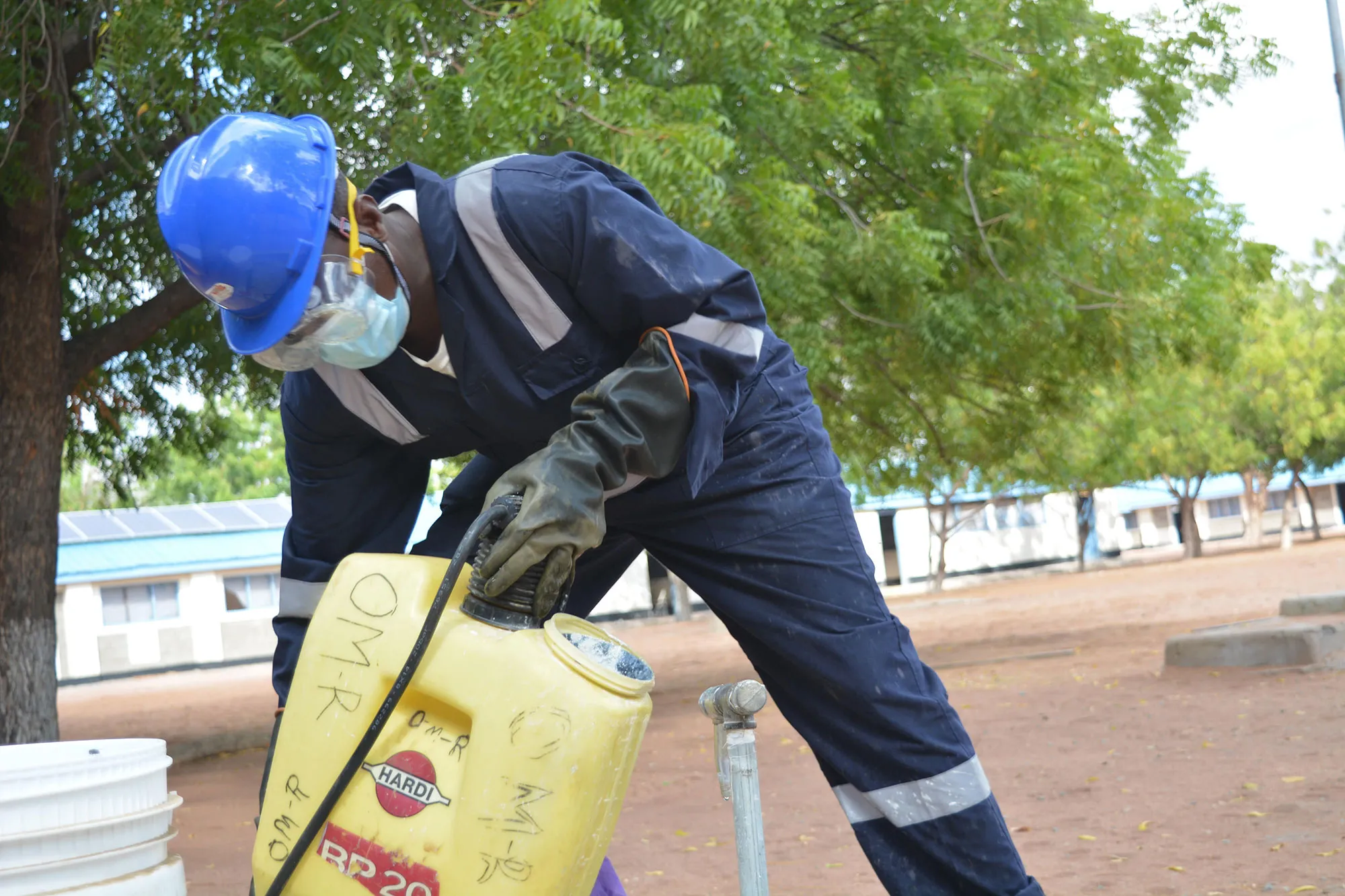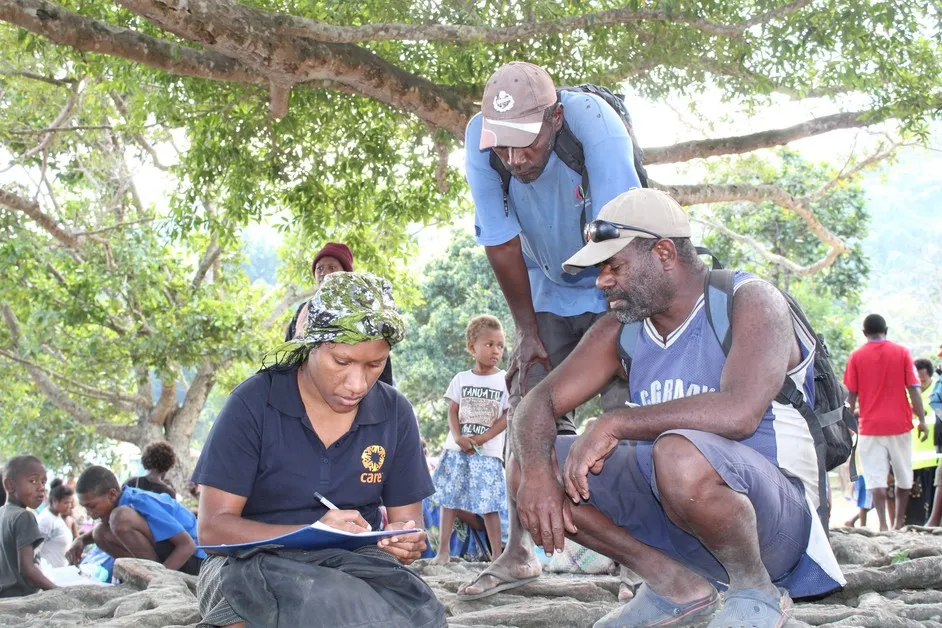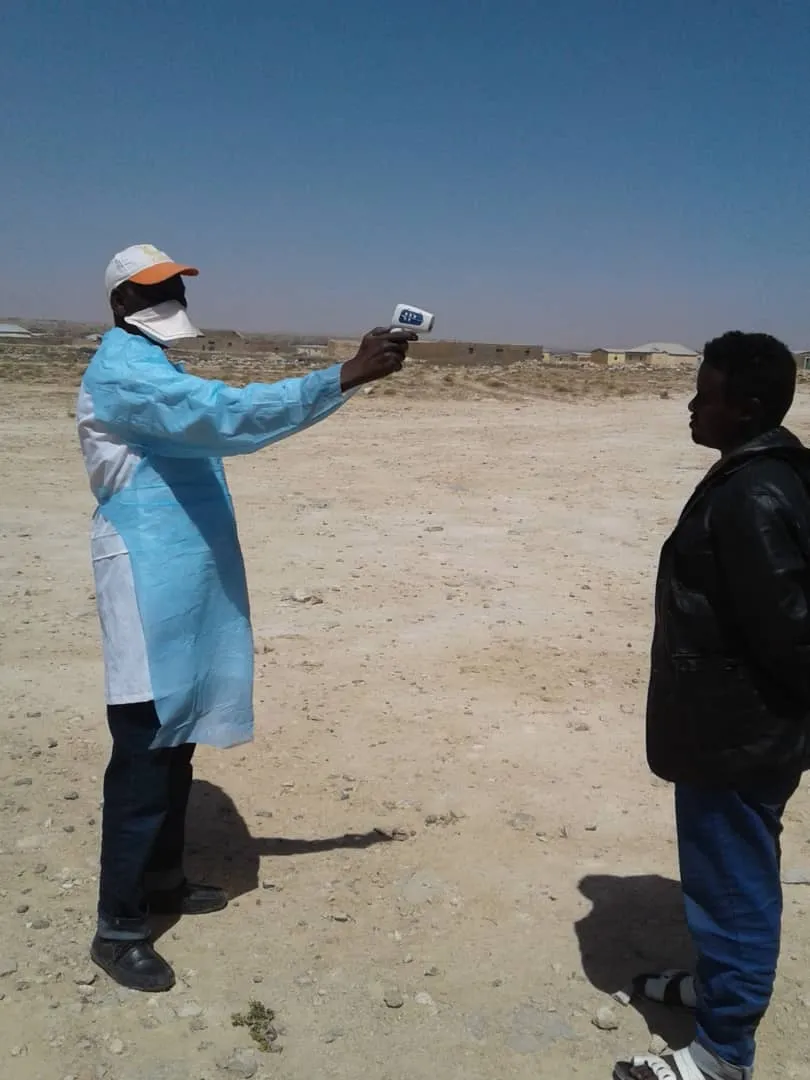World Humanitarian Day, celebrated annually on August 19, recognizes those who put their lives on the line for humanitarian causes.
Those who work in crisis settings risk their safety to deliver aid and support the most marginalized. To date this year, 203 aid workers have been attacked. Of those, 74 have been killed. The most dangerous countries for aid workers — Syria, South Sudan, Democratic Republic of Congo, Afghanistan, and Central African Republic — are also countries with some of the most pressing needs.
The COVID-19 outbreak, which has claimed over 770,000 deaths globally, is currently the biggest challenge to humanitarian operations around the world, as needs surge and governments place restrictions on nearly every aspect of life.

